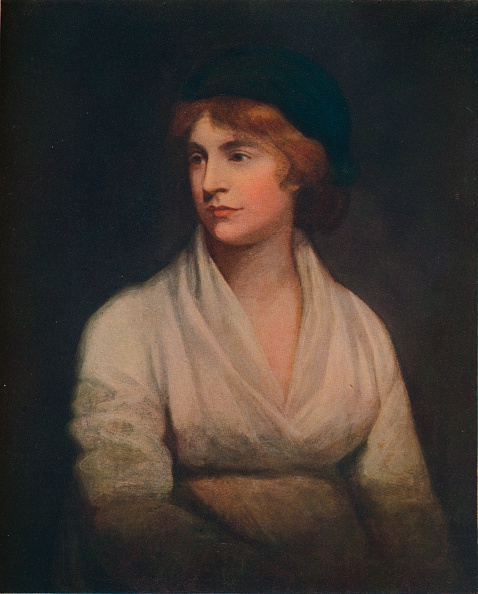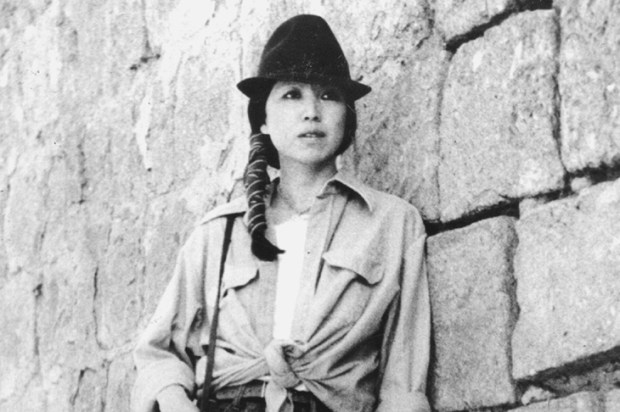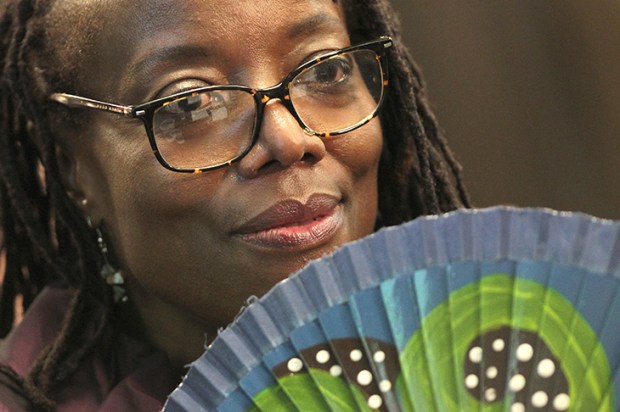Yetemegn was barely eight years old when her parents married her off to a man in his thirties. Before she could become a spouse, he first had to raise her. Her education involved beatings when she left the house, even if it was only to borrow shallots from a neighbour. At 14, she gave birth for the first time. Successive pregnancies came like waves. Some of the children died or succumbed to diseases for which the only known treatment was prayer; most survived. She was a michgrandmother by her early thirties.
In Ethiopia, it’s a story that ranks as utterly banal. Millions of women have lived it and millions will continue to do so, development programmes and government policy papers notwithstanding. But this book is a wonderful example of how, in the right hands — in this case those of Yetemegn’s granddaughter, Aida Edemariam, a strong, poetic writer — a seemingly ordinary life opens up to reveal the extraordinary richness at its heart.
By the time she died at 98, Yetemegn had lived through Italy’s Fascist invasion, Haile Selassie’s flight, the second world war and the emperor’s subsequent reinstatement, a first failed military coup, the takeover of the Derg, the horrors of the Red Terror, famine, and the eventual seizure of power by a group of long-haired rebels from the north who installed Ethiopia’s current government.
As a woman, her powerlessness was always a given, and in The Wife’s Tale Ethiopia’s turbulent history is viewed from the perspective of someone enduring, rather than moulding it. Edemariam focuses instead on the elements that immediately affect a mother and wife: the rhythm of the seasons and their harvest of grains and spices, the secrets of making strong beer and preparing fish, constant sharp observation of the natural world, a homemaker’s pride in the endless procession of meals coming from her kitchen. Above all, every experience is filtered through the cycles and rituals of an Orthodox Christian faith which offers spiritual solace to the poor and marginalised while rigidly propping up a royal court and ecclesiastical hierarchy that keeps them in their place.
But like every matriarch of her ilk, Yetemegn was no doormat. When her husband, an ambitious, politically savvy churchman who had risen to prominence in the town of Gondar, was jailed after a falling out with rivals, she headed for Addis Ababa to plead for the emperor’s personal intercession, the only way of achieving justice:
She was part of a flow now, all tending toward the same point: ministers and sub-ministers and sub-sub-ministers who knew that basic self-preservation required them to bow to the emperor and for the emperor to see them bow, and for their colleagues to see the emperor see them bow.
The process took years — she was widowed in the interim — and the author’s depiction of a crowd of desperate petitioners, papers a-flutter, clustering around Haile Selassie’s limousine in the hope that he will open the window just wide enough to take a few written pleas is a reminder of why Ethiopia in the 1970s was ripe for violent, Marxist revolution.
By the end of the book, so thoroughly immersed have we become in a medieval universe of church incantations, gruelling mule trips, spirit visitations, bare-foot bandits and public hangings, that the mention of cars, planes, telephones and even, at one point, a radio, comes as a shock.
I have a few quibbles. When balancing the need for accessibility with her desire for cultural authenticity, the author has leaned towards the latter, a choice which could lose her some Western readers. I ignored the 15-page chronology at the end of the book on the grounds that if the events concerned weren’t part of her grandmother’s itinerary, I didn’t need to know them. But I found myself flicking backwards and forwards between main text and glossary for translations of Amharic words for various types of pots and shawls, honorary titles and foodstuffs. This made for a cumbersome read, which is a shame, as the power of Aida Endemariam’s writing is precisely its ability to reach across the gaping chasm formed by time, alien tradition and unfamiliar mores, connecting up our common humanity.
Got something to add? Join the discussion and comment below.
Get 10 issues for just $10
Subscribe to The Spectator Australia today for the next 10 magazine issues, plus full online access, for just $10.
You might disagree with half of it, but you’ll enjoy reading all of it. Try your first month for free, then just $2 a week for the remainder of your first year.














Comments
Don't miss out
Join the conversation with other Spectator Australia readers. Subscribe to leave a comment.
SUBSCRIBEAlready a subscriber? Log in